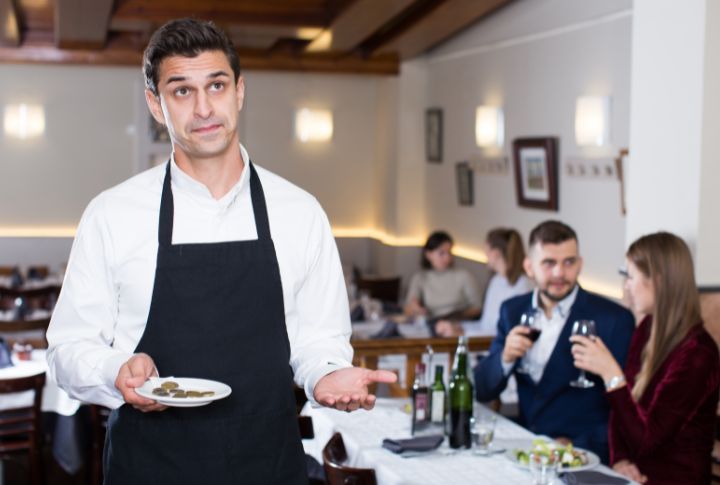
Tipping is a significant part of the dining experience, especially in countries like the United States, where servers often rely on tips as a substantial part of their income. While most diners intend to reward good service, certain tipping habits can particularly frustrate servers. Here are 15 common tipping habits that annoy restaurant servers the most:
Tip Deduction for Mistakes
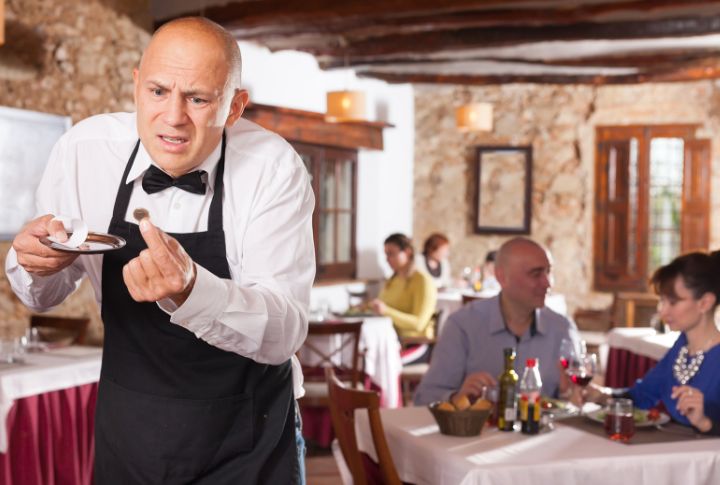
One of the most aggravating habits is deducting tips for perceived mistakes. While it’s understandable to expect good service, penalizing servers for issues beyond their control—such as kitchen errors or slow service due to a busy night—can feel unfair. Servers work hard to provide a good experience and prefer constructive feedback over financial punishment.
Comparing Tips
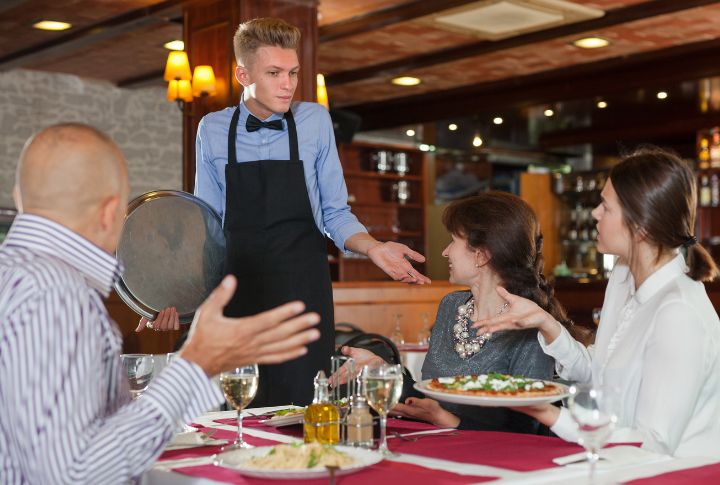
Each restaurant, shift, and server is unique. Comparing one experience to another overlooks the effort and circumstances that affect service quality, leading to inconsistent and usually unfair tipping.
Leaving Loose Change
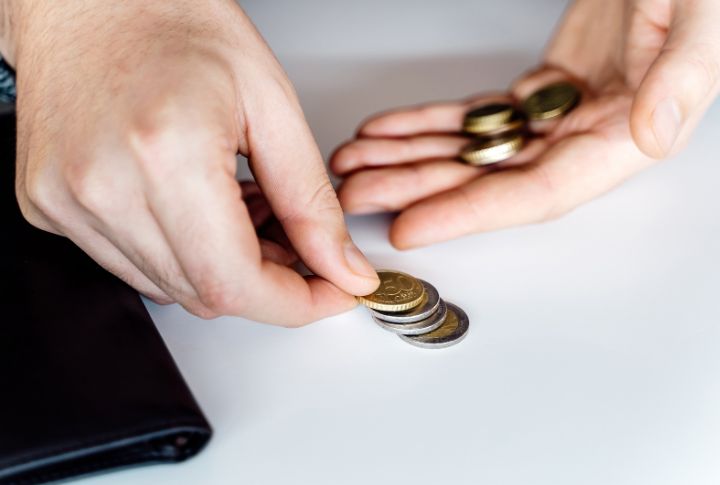
Leaving a pile of coins, especially pennies, can feel dismissive. Every bit helps but loose change can imply the diner doesn’t value the server’s efforts. If you’re unable to leave a substantial tip, a polite explanation can go a long way in maintaining respect.
Verbal Tips
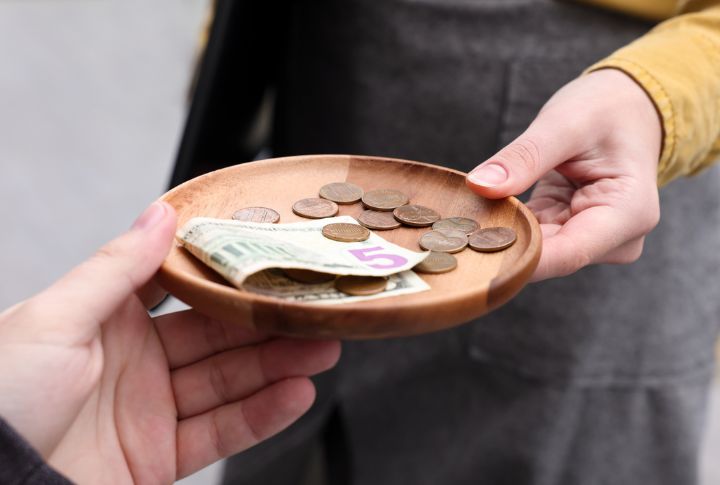
Telling a server they did a great job but then leaving a small tip is contradictory. Compliments don’t pay the bills despite their sign of appreciation. Servers prefer tangible appreciation as a fair tip over verbal praise alone.
Not Tipping on the Total Bill
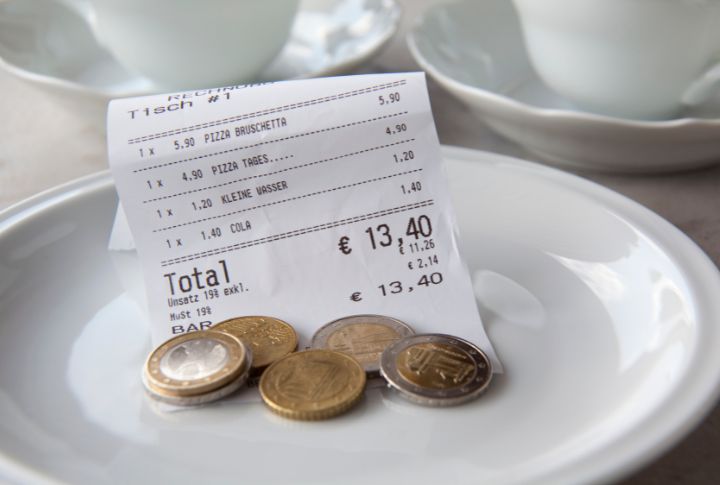
Some people tip based only on the subtotal, excluding tax. Servers, however, are taxed on their total sales, not just the subtotal. Tipping on the total bill is the fairest way to ensure servers are adequately compensated for their work.
Splitting Hairs Over Percentage Points
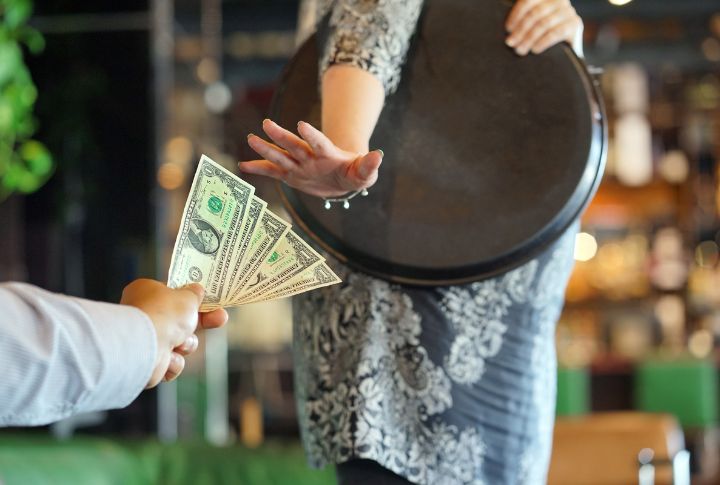
Debating over a few percentage points, like tipping 18% instead of 20%, can seem petty. Servers appreciate generosity, and the difference between these percentages is just a couple of dollars, which can significantly impact their income over a shift.
Tipping Based on Personal Biases
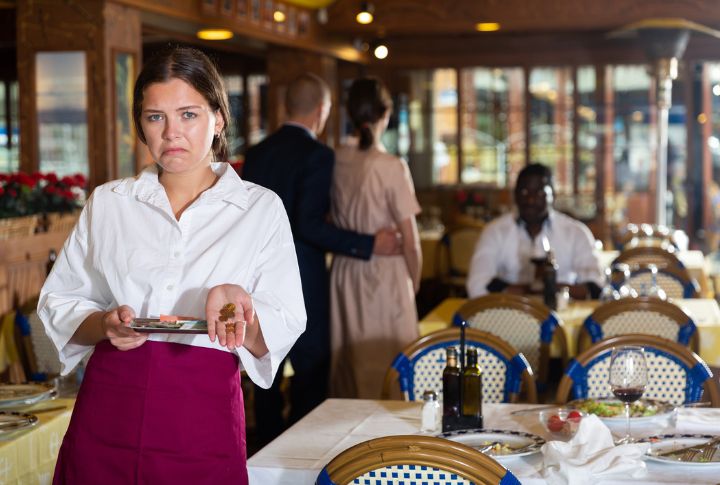
Service quality, not personal biases or stereotypes, should guide tipping. Judging someone’s appearance, age, gender, or ethnicity rather than their service quality is unfair and discriminatory.
Ignoring Service Quality

On the flip side, tipping a standard amount, regardless of service quality, can be frustrating for waiters who go above and beyond. Basic gratuity may be customary, yet exceptional service warrants exceptional appreciation.
Tipping With Gifts or Non-Monetary Items
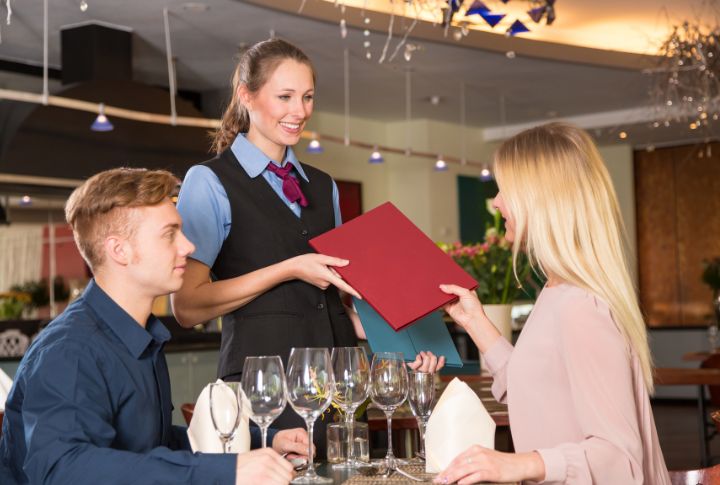
Servers rely heavily on tips as a substantial portion of their income, and non-cash tips cannot be used to pay bills, cover daily expenses, or be easily converted into money. This practice can also create practical challenges, such as the difficulty of equitably sharing non-cash tips among staff.
Leaving No Tip for Takeout Orders
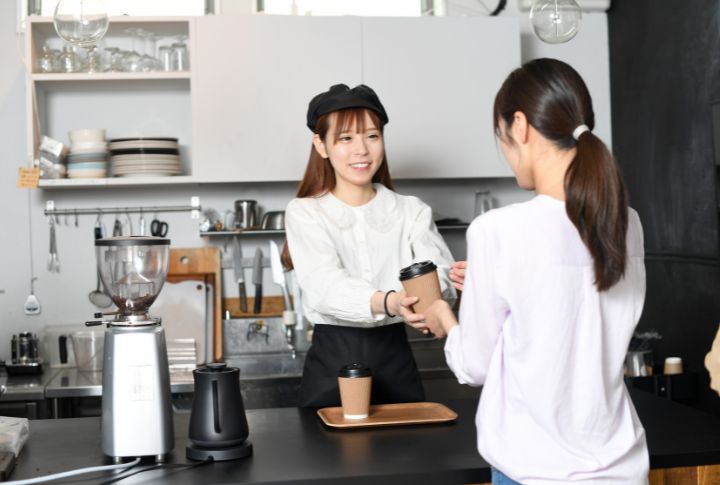
Though takeout doesn’t require the same level of service as dine-in, it still involves work. A small tip for takeout orders acknowledges the effort put into preparing and packing your food.
Leaving the Tip on the Table
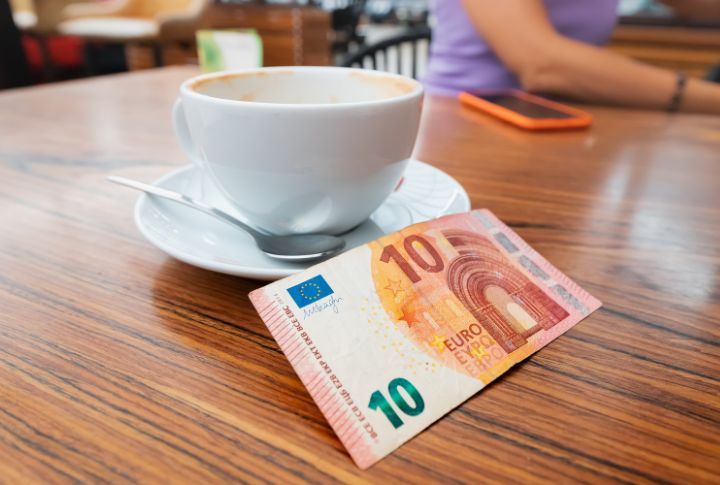
Tips can be easily overlooked, lost, or stolen by other customers or staff, resulting in servers missing their hard-earned income when left on tables. It can create a sense of disrespect, as directly handing the tip to the server is a more personal and appreciative gesture, acknowledging their service and effort.
Complex Payment Situations
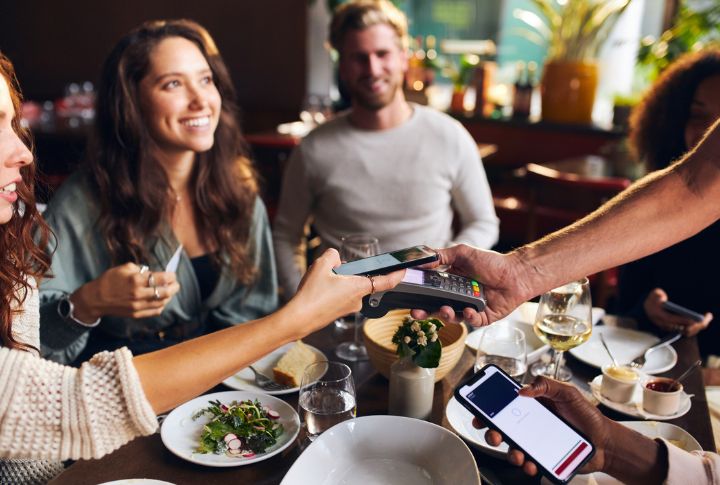
Splitting the bill multiple ways with complex tipping calculations can lead to errors and shortchanging the server. If you split the bill, each person must understand the expectations to avoid confusion and ensure the server is tipped fairly.
Expecting Perfection for a Tip

No one is perfect, and expecting flawless service in exchange for a tip is unrealistic. Servers are human and make mistakes. A fair tip should reflect the overall service experience, not hinge on minor imperfections.
Misunderstanding Service Charges
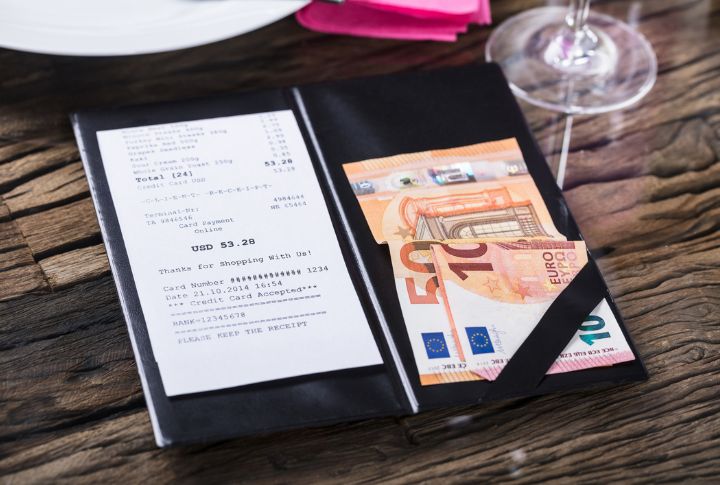
Sometimes, a service charge is included in the bill, especially for large parties. However, misunderstanding or ignoring this can lead to double tipping or no tipping at all. Clarifying with the server whether the service charge includes their tip can avoid awkwardness and ensure proper compensation.
Tipping Only on Drinks
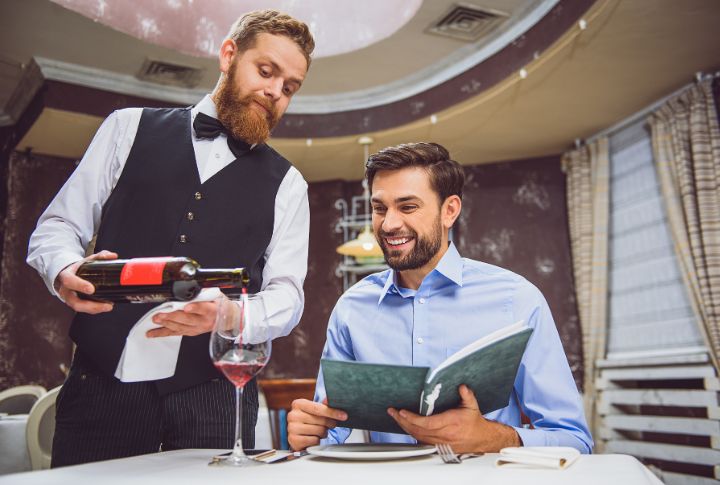
This is like saying, “Hey, thanks for the cocktail, but the food and service? Meh, not worth it.” Servers hustle hard to make sure everything from your appetizer to dessert is perfect, and just tipping on drinks can come off as a slap in the face. Plus, it messes with their income since they rely on tips to make up for their low hourly wages.


Comments
Loading…